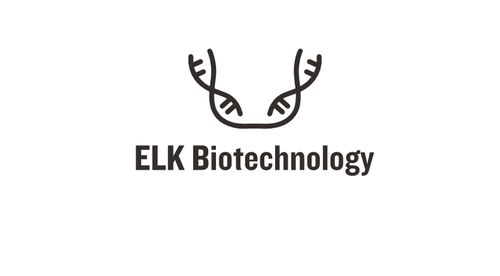Product Description
Human Ubiquitin-associated protein 2 (UBAP2) ELISA Kit | AE12569HU | Abebio
Species Reactivity: Human (Homo sapiens)
Abbreviation: UBAP2
Alternative Name: RP11-176F3.6; FLJ22435; FLJ43947; FLJ46567; KIAA1491; bA176F3.5; AD-012 protein|OTTHUMP00000000473
Application: ELISA
Range: 0.312-20 ng/mL
Sensitivity: 0.136 ng/mL
Intra-Assay: ≤4.6%
Inter-Assay: ≤8.3%
Recovery: 1, 08
Sample Type: Serum, Plasma, Other biological fluids
Detection Method: Sandwich
Analysis Method : Quantitive
Test Principale: This assay employs a two-site sandwich ELISA to quantitate UBAP2 in samples. An antibody specific for UBAP2 has been pre-coated onto a microplate. Standards and samples are pipetted into the wells and anyUBAP2 present is bound by the immobilized antibody. After removing any unbound substances, a biotin-conjugated antibody specific for UBAP2 is added to the wells. After washing, Streptavidin conjugated Horseradish Peroxidase (HRP) is added to the wells. Following a wash to remove any unbound avidin-enzyme reagent, a substrate solution is added to the wells and color develops in proportion to the amount of UBAP2 bound in the initial step. The color development is stopped and the intensity of the color is measured.
Product Overview: Ubiquitin-associated protein 2 is a novel gene isolated based on its expression in the human adrenal gland. The full-length protein encoded by this gene contains a UBA-domain (ubiquitin associated domain), which is a motif found in several proteins having connections to ubiquitin and the ubiquitination pathway. In addition, the protein contains a region similar to a domain found in members of the atrophin-1 family. The function of this protein has not been determined. Additional alternate splice variants may exist, but their full length nature has not been determined.
Stability: The stability of ELISA kit is determined by the loss rate of activity. The loss rate of this kit is less than 5% within the expiration date under appropriate storage condition. The loss rate was determined by accelerated thermal degradation test. Keep the kit at 37°C for 4 and 7 days, and compare O.D.values of the kit kept at 37°C with that of at recommended temperature. (referring from China Biological Products Standard, which was calculated by the Arrhenius equation. For ELISA kit, 4 days storage at 37°C can be considered as 6 months at 2 - 8°C, which means 7 days at 37°C equaling 12 months at 2 - 8°C) .
 Euro
Euro
 USD
USD
 British Pound
British Pound
 NULL
NULL












